Understanding Interstitial Cystitis and Available Treatments
Many people take their bladder for granted, so when a problem arises, it is usually noticeable and often unpleasant. Interstitial cystitis (IC) is a persistent bladder issue that causes pain in the bladder area and persistent lower urinary tract symptoms lasting six weeks or more without infection.
People who suffer from IC often mistake the symptoms for a bladder infection or urinary tract infection. Some experience persistent symptoms that can range from mild to severe, while others may experience “flare-ups,” or intermittent discomfort.
Causes and Symptoms
There are no known behaviors identified as causes of interstitial cystitis. While smoking or eating certain foods can lead to some health problems, researchers have not yet been able to pinpoint any exact causes for IC.
Some believe it happens due to the presence of harmful substances in the urine, which could result from ingesting some foods.
Autoimmune responses that entail the body’s immune system attacking the bladder are another possible cause. Inflammatory cells that release histamine are another possible cause, as are defects in bladder tissue.
Researchers suggest that a family history of IC could increase one’s chances of developing the condition. A bladder weakened by infection or illness may also be more likely to result in IC.
A Wide Range of Possible Symptoms
Feelings of pressure and pain are the most common interstitial cystitis symptoms. With IC, both men and women can experience pain in the:
-
- Lower abdomen
- Urethra
- Genitals
- Lower back
- Perineal area
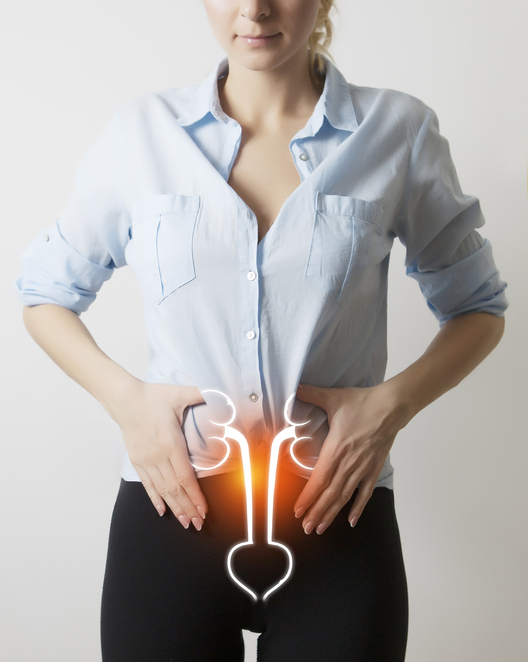 Patients with IC report varying types of pain, from constant, severe pain in these areas to occasional flares of pain.
Patients with IC report varying types of pain, from constant, severe pain in these areas to occasional flares of pain.
Urinary frequency is another telltale sign of IC. The average person urinates up to seven times each day and may only need to wake up to use the bathroom once per night. Anything more than this level of frequency is abnormal and could be an early sign of IC.
Some IC sufferers may experience feelings of urinary urgency even after using the bathroom, or persistent feelings of urgency even when the bladder is empty.
IC Affects Men and Women in Different Ways

Both men and women can experience sexual discomfort from IC.
Men may feel pain during orgasm or the next day after engaging in sexual activity. Women with IC often feel pain during sex, due to the bladder’s close proximity to the vagina. Men with IC may receive an incorrect diagnosis of prostatitis, as the two conditions have similar symptoms.
IC appears to be 2 to 3 times more common in women than men, and external factors such as physical and mental stress can make IC symptoms worse.
Treating Interstitial Cystitis
There are several levels of treatment available for IC. The different phases of treatment work based on the severity of symptoms and the stage of the condition’s development.
Interstitial cystitis medication may help treat the condition causing the symptoms, but different patients may require different treatments to manage the symptoms.
First Stage Treatment
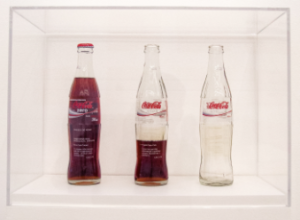
The first stage of treatment most physicians will propose for IC includes behavioral or lifestyle changes. Sometimes a change in diet can have a positive effect on urinary health, so doctors may suggest limiting certain foods and beverages and including other foods and beverages in the diet.
Acidic foods like tomatoes, chocolate and citrus fruits can make symptoms worse. Additionally, spicy foods, alcohol, caffeinated drinks and carbonated drinks may also lead to increased urinary discomfort. Limiting these foods can ease the symptoms of IC.
Some doctors will suggest an “elimination diet” to find out if a certain food is causing interstitial cystitis pain. An elimination diet removes all foods known to cause bladder issues, so the doctor can more easily identify the ones that may be causing the patient’s problem.
The list of foods that can make IC symptoms worse is quite long, so an elimination diet can help patients and doctors determine better dietary habits.
Second Stage Treatment
If lifestyle and behavioral changes do not help, a doctor may recommend medication for interstitial cystitis pain management, including oral medication as well as intravesical drugs introduced directly into the bladder using a catheter.
Oral pentosan polysulfate is a common oral medication found to be effective in eliminating pain for about 30 of every 100 IC cases.
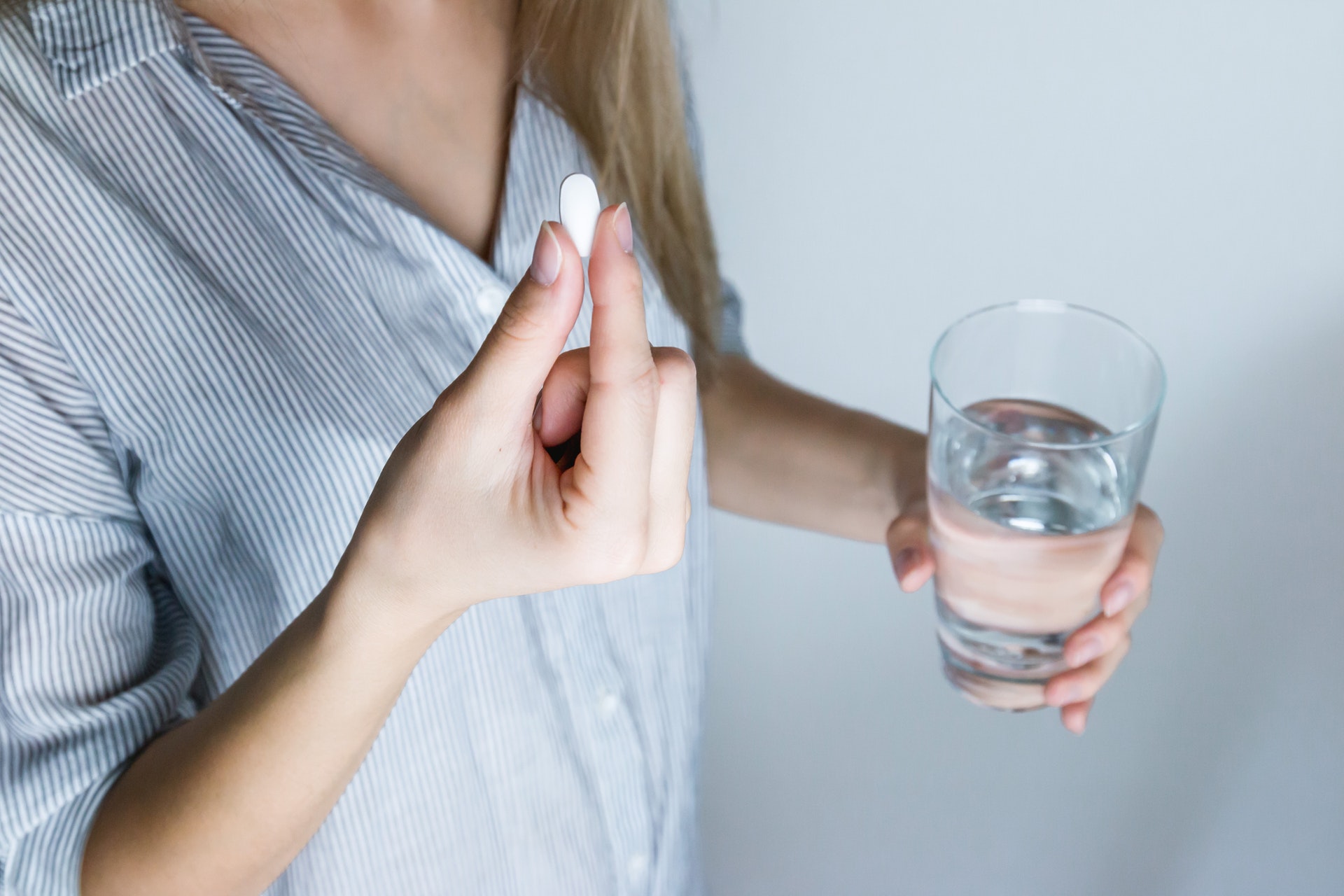
Doctors are unsure of how exactly this medication treats IC, but some suggest it may help rebuild bladder tissue to encourage healthier urinary function. Treatment usually lasts three to six months using this medication.
Dimethyl sulfoxide (DMSO) is another FDA-approved medication introduced directly into the patient’s bladder using a catheter. Treatments are usually once per week for six weeks, and physicians may combine this medication with local anesthetic, anti-inflammatory medication and steroids.
Hydroxyzine, amitriptyline and heparin are other possible medications found to be effective in treating IC and its symptoms. As with the other medications, researchers are still unsure how these ones actually work to eliminate the symptoms of IC.
Third Stage Treatment and Beyond
If behavioral changes and medications do not work, some patients may require more advanced treatments to eliminate the symptoms of IC.
Third-stage treatment may include:
✔ Bladder ulcer cauterization
✔ Neuromodulation therapy
✔ Bladder Botox injections
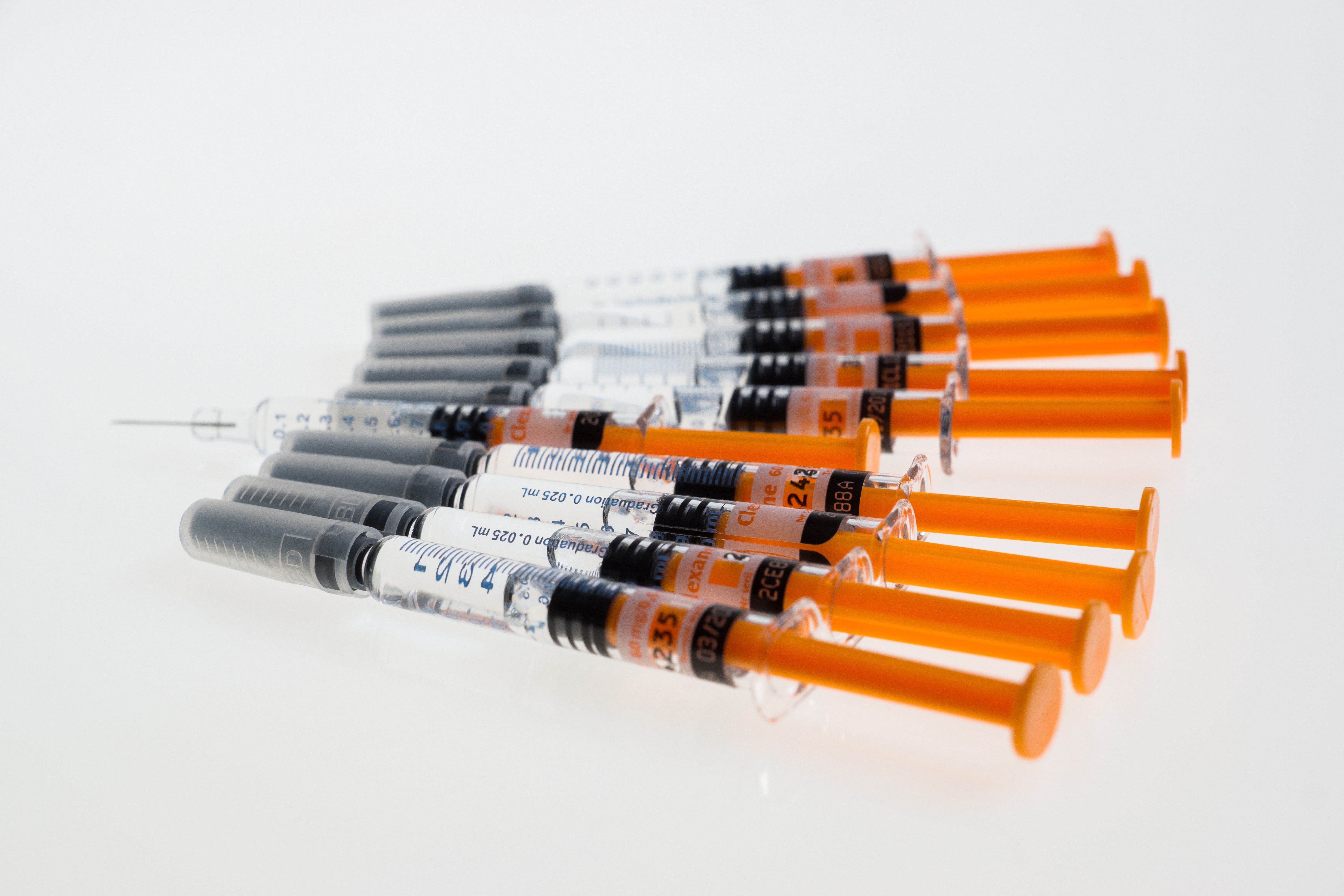
Fourth-stage treatment involves using cyclosporine, but patients must think carefully about resorting to this treatment. Cyclosporine is an immune system depressant and can impair the patient’s ability to fight disease.
Finally, fifth-stage treatment involves bladder surgery and is typically reserved for patients who have found no relief from all other treatment methods.
Compounded Interstitial Cystitis Medication Options
Patients suffering from the symptoms of IC may require regular medication for both the IC itself and the symptoms. Patients with drug sensitivities or allergies may require nontraditional or custom-compounded medications, and The Compounding Pharmacy of America can help.
Our compounding pharmacy provides patients with custom-tailored urinary medications and other treatments to effectively manage the pain and discomfort Interstitial Cystitis causes.

Compounded medications allow patients to have their medication tailored to their exact needs. Some patients may require lighter doses than those typically available through standard pharmacies, while others may have sensitivities to certain compounds present in these medications.
The Compounding Pharmacy of America works closely with each patient to determine the best combination of medications in the most effective delivery method. We want our customers to worry less about cutting pills or managing side effects and instead enjoy life to the fullest. This is possible for people suffering from IC with custom-made medications from The Compounding Pharmacy of America.
Explore Our Urology Compounding Services
Chief Operating Officer, The Compounding Pharmacy of America
Matthew Poteet, Pharm.D. graduated with Honors from Lee University with a Bachelors of Science in Biological Science. After his undergraduate training, he completed the Doctor of Pharmacy program at Mercer University Southern School of Pharmacy, graduating in 2004. Dr. Poteet has spent much of his pharmacy career on staff at two of the most prestigious academic teaching hospitals in the Southeast; Emory University in Atlanta and Vanderbilt University Medical Center in Nashville. At these institutions he received extensive experience and training in sterile products compounding.
He returned home to East Tennessee in 2010, where he has held the position of Pharmacy Director at two sterile products pharmacies in Knoxville. Matthew lives in Knoxville with his wife, Chris. Dr. Poteet is Tennessee’s first Board Certified Anti-Aging Pharmacist by the American Academy of Anti-Aging Medicine.
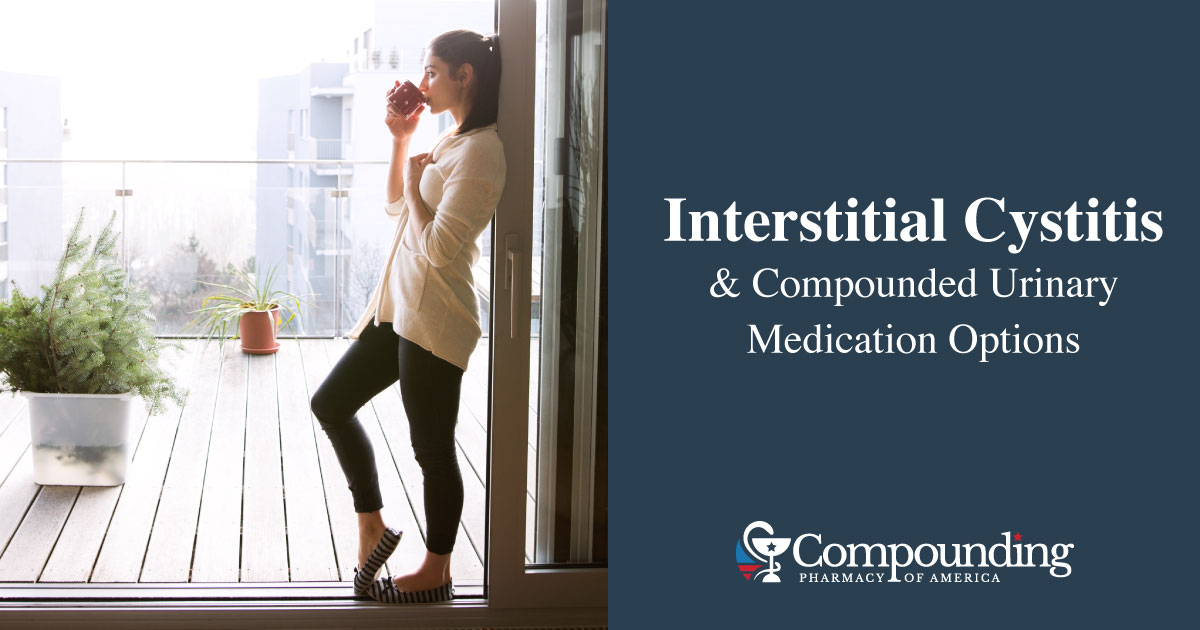
 Subscribe to Our Newsletter
Subscribe to Our Newsletter


